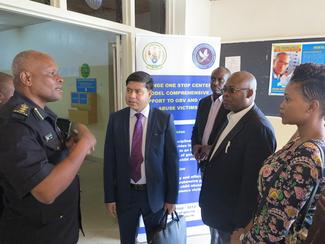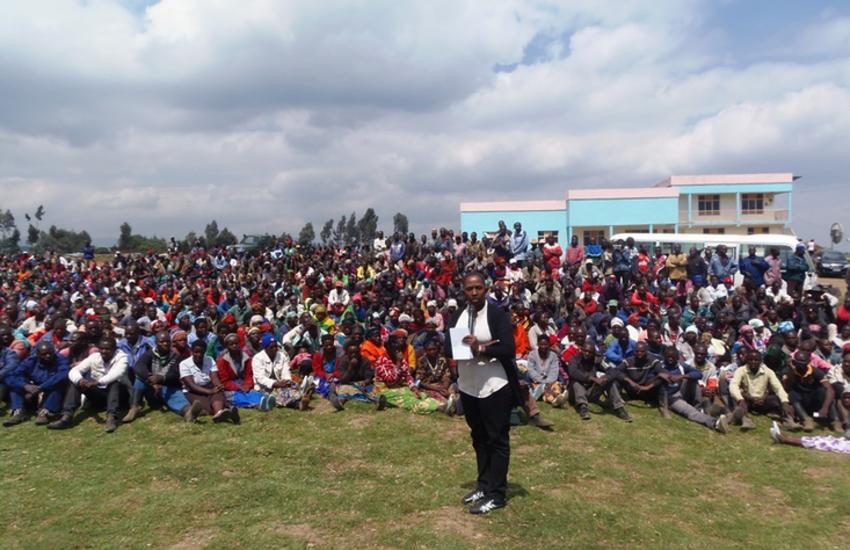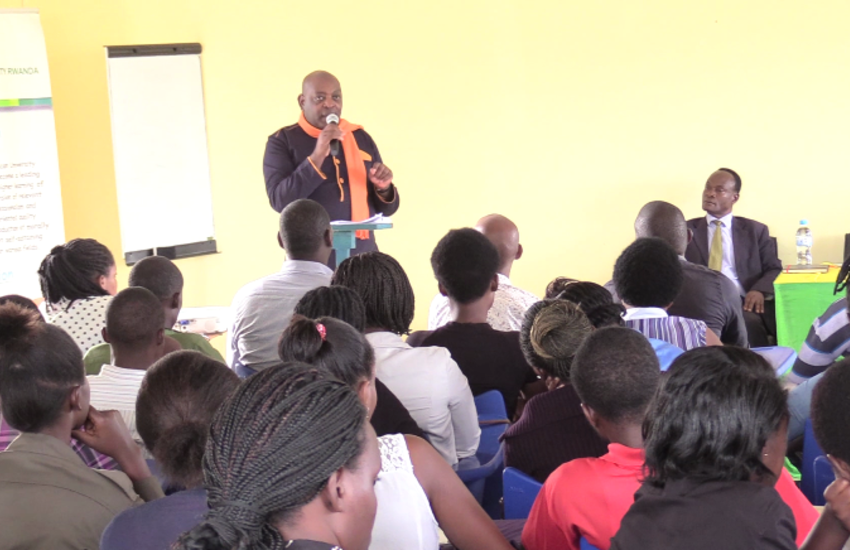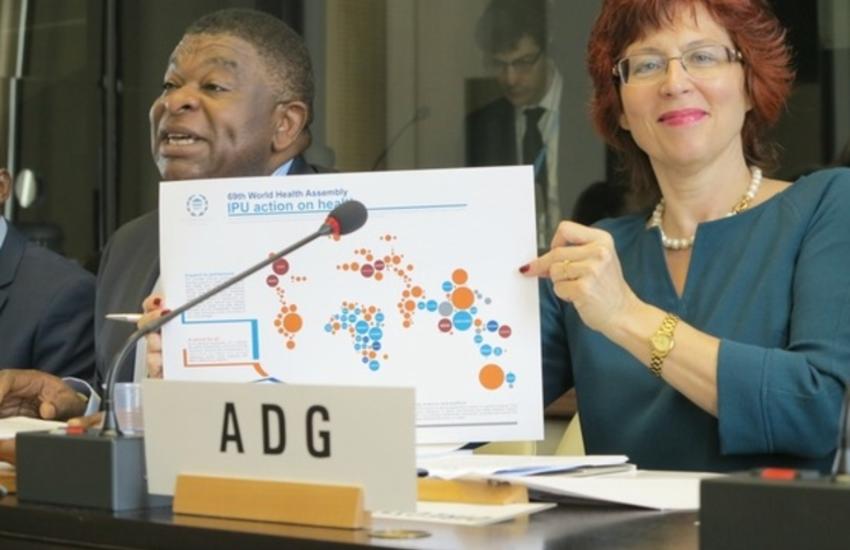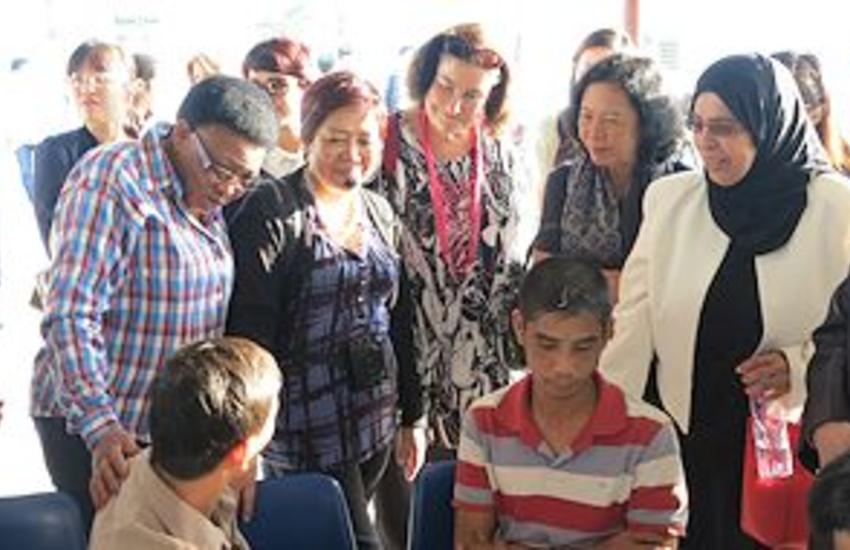The IPU Advisory Group on Health visited Rwanda to learn what the Parliament has been doing on reproductive health, to document good practices to share with the global parliamentary community and make recommendations to the Parliament on strengthening its work on reproductive health. The visit took place from 24 to 27 January 2018.
The IPU has been working with the Parliament of Rwanda on sexual and reproductive health (SRH) by supporting implementation and enforcement of legislation on reproductive health, organizing outreach visits by MPs to assess access to family planning and reproductive health services, and helping with the functioning of civil registration and vital statistics.
The Advisory Group was impressed with the strong leadership shown on SRH at all levels of government, parliament and the society at large. The Group felt that Rwanda could provide best practices for other countries: 90 per cent of the population is covered by health insurance and health care, the country is a success story on health outcomes. Newborn, child and maternal mortality rates have dropped significantly since 2005, and the sharp decline in HIV incidence and AIDS-related deaths could mean an end to the AIDS epidemic in Rwanda by 2030.
However, Rwanda’s achievements have made it a victim of its own success. Because 30-40 per cent of the country’s budget still comes from foreign aid, a shift by donors to countries with greater health problems could pose an important challenge. The Advisory Group recommended that parliamentarians from donor countries advocate for continued financial support to Rwanda’s health system, and that donors support financing of domestic strategies to ensure a smooth transition to more secure domestic financing.
According to the United Nations, there is a high rate of violence against women, especially girls. The Advisory Group recommended that legislation aiming to support victims of violence be revised to help empower adolescents and facilitate access to programmes.
Other recommendations from the Group included paying attention to factors—such as psychological trauma because of the genocide, and cultural factors such as beliefs, moral values and traditions—that could slow progress in some groups, particularly in relation to family planning and antenatal care.
Members of the Advisory Group met with various Rwandese officials, including the presiding officers of the two chambers of Parliament, parliamentary bodies dealing with SRH, community health workers, and members of the Technical Working Group on Adolescent, Reproductive Health and Family Planning. They also visited centres for youth and victims of gender-based violence, a district hospital, a health centre, and a civil registrations office.
Read the report of the Advisory Group.





